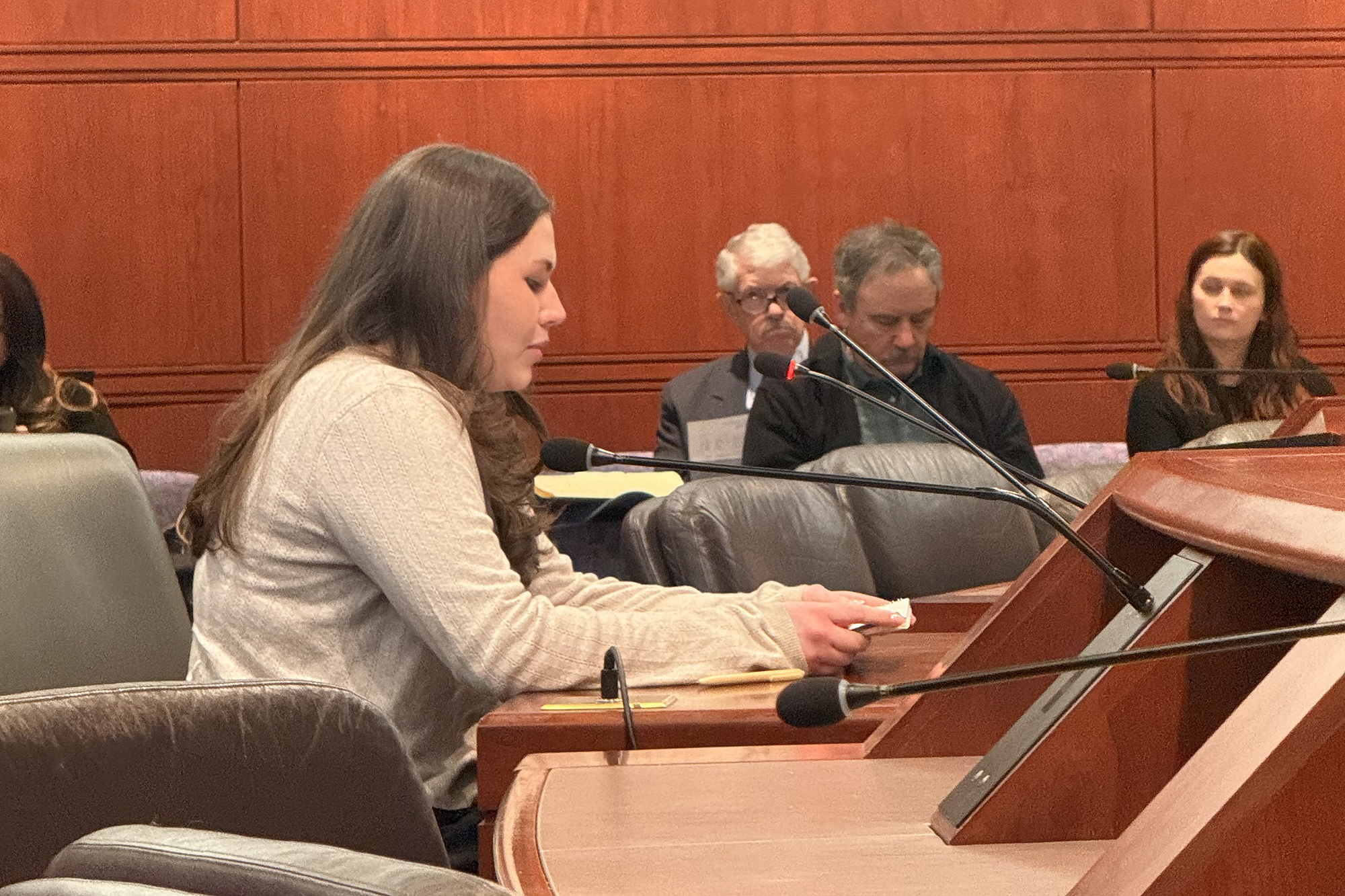
The Connecticut Poison Control Center at the UConn Health Center is receiving an increasing number of calls related to the abuse of a synthetic marijuana product often referred to as Spice, K3, or Stinger. It is usually sold as packets of incense or potpourri at convenience stores, herbal and spiritual shops, and online. The packets can sell for as much as $35 an ounce, and have become popular as a legal alternative to marijuana among teenagers and college students.
Poison centers across the country have received more than 2,000 calls about the product, according to the American Association of Poison Control Centers’ National Poison Data System. Over the past few months, the Connecticut Poison Control Center has received reports of more than 40 exposures, and the increase is causing concern among health care professionals.
Because of the heightened concern, the Drug Enforcement Administration recently banned Spice and other “fake pot” products which make it illegal to possess or sell the five chemicals used to make the products for at least one year. The agency and the Department of Health and Human Services will determine whether the chemicals should be permanently added to the federal list of controlled substances considered unsafe, highly abused, and without medical use.
“The products are meant to create a similar reaction to marijuana, but in fact, patients often report the opposite – a fast, racing heartbeat, elevated blood pressure, and nausea,” says Amy Hanoian-Fontana, an education specialist with the Connecticut Poison Control Center. “The symptoms can be life-threatening. That’s why it’s important for parents to be on the lookout for what looks like incense in their child’s room, and watch to see if their children seem more anxious than usual.”
Karen Wexell, a registered nurse with the Connecticut Poison Control Center, says this is an emerging phenomenon that people need to know about: “Our goal is to collaborate with emergency departments, local police, and parents to answer any questions about synthetic marijuana, and to encourage reporting of exposures so we can track the prevalence in Connecticut.”
The Connecticut Poison Control Center is collaborating with emergency room staff and police to monitor the prevalence and use of Spice as part of toxicosurveillance for the American Association of Poison Control Centers.
If you suspect an exposure to Spice, contact the Connecticut Poison Control Center at 1-800-222-1222 to report the case and access free professional advice 24 hours a day, seven days a week.


